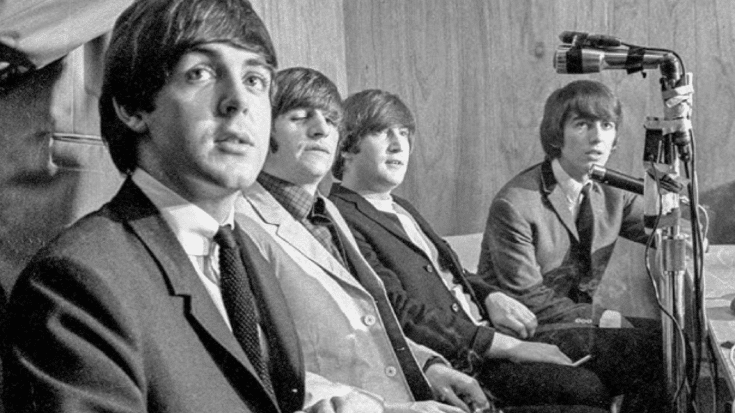3 Albums That Made Rock Legends’ Career

via WYES / YouTube
Musicians hate being boxed in. No one wants to ride the same wave forever, especially true artists who thrive on taking risks and pushing boundaries. For many of music’s biggest legends, their boldest moves didn’t come from doing more of the same—but from completely reinventing their sound. These three albums didn’t just shift careers—they reshaped music history.
Highway 61 Revisited — Bob Dylan
Bob Dylan’s switch from acoustic folk to electric rock was one of the most talked-about pivots in music. With Highway 61 Revisited, released in 1965, Dylan traded in his acoustic guitar for a sharper, plugged-in sound that left purists stunned. It marked the end of the old Dylan—at least the one fans thought they knew.
Sure, some viewed it as the “death” of the folk-singing Dylan, but really, it was the birth of something new. The album reached No. 3 on the Billboard 200, proving that Dylan wasn’t following expectations—he was blazing his own trail.
Sgt. Pepper’s Lonely Hearts Club Band — The Beatles
If Revolver cracked open the door to experimentation, Sgt. Pepper’s Lonely Hearts Club Band blew it wide open. Released in 1967, this album wasn’t just a game-changer for The Beatles—it was a cultural explosion. Gone were the simple love songs and teenage heartache; in their place came surreal lyrics, wild instrumentation, and a concept album unlike anything before it.
It topped the Billboard 200 and stayed there, solidifying the band’s status not just as pop stars but as visionary artists. Even if it had flopped (which it didn’t), Sgt. Pepper made it clear: The Beatles were evolving fast—and taking everyone with them.
The Rise and Fall of Ziggy Stardust and the Spiders From Mars —David Bowie
Before 1972, David Bowie was a promising but relatively unknown rock artist. Then came Ziggy Stardust—and everything changed. Adopting the flamboyant, alien-like persona of Ziggy, Bowie took glam rock into uncharted territory with theatrical flair and cosmic vibes.
The album peaked at No. 75 on the Billboard 200 and No. 5 in the UK, but its influence went far beyond the charts. Bowie wasn’t just reinventing his sound—he was creating a whole new world. With Ziggy, Bowie didn’t just break the mold. He became the mold.














